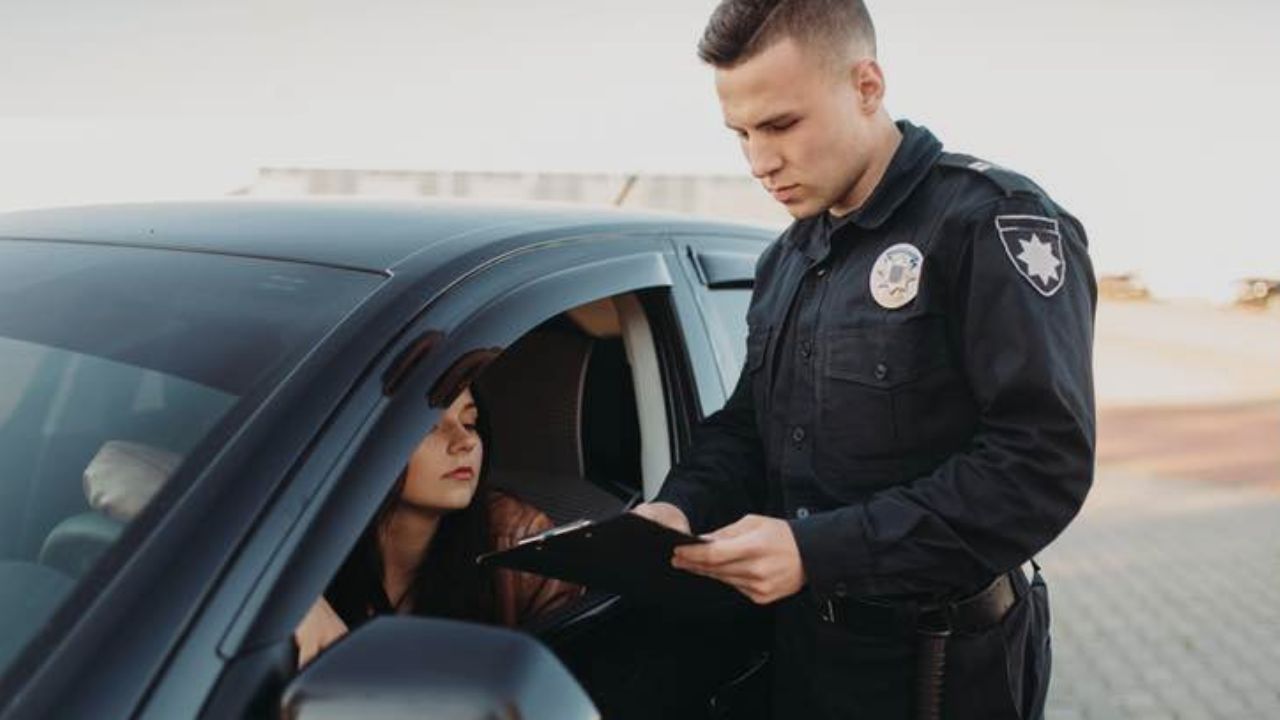CONCORD, N.H. – If you’re ever pulled over on the road in New Hampshire, you may wonder: Can police search my phone during a traffic stop? The answer is more complicated than a simple yes or no, but the law generally provides strong protections for your privacy.
Warrant Requirement Under Federal and State Law
In most situations, New Hampshire law requires police to obtain a warrant before they can search your phone. This standard was firmly established in the landmark U.S. Supreme Court decision, Riley v. California (2014).
The Court ruled that, unlike searching a car or wallet, a cell phone contains enormous amounts of personal information, from emails and photos to financial data and private messages. Because of this, law enforcement must first demonstrate probable cause and receive approval from a judge before accessing your device.
New Hampshire aligns with these federal protections. According to a report by Huron Insider, the state prohibits warrantless searches of phones during traffic stops, except under very limited conditions.
Key Exceptions to the Rule
While the warrant requirement is the general rule, there are a few important exceptions:
- Consent – If you voluntarily allow officers to search your phone, they don’t need a warrant. But that consent must be given freely and without coercion. You always have the right to say no.
- Exigent Circumstances – In rare cases, police may act without a warrant if there’s an immediate threat to public safety or a risk that evidence will be destroyed before a warrant can be obtained. For example, if officers believe a phone contains critical evidence about an ongoing kidnapping, they may justify an urgent search.
These exceptions are narrowly defined and must be supported by strong justification. Courts in New Hampshire are likely to throw out evidence if police misuse them.
Electronic Surveillance and Tracking in New Hampshire
Beyond traffic stops, state law also regulates electronic surveillance. Police generally need warrants not only to read texts or emails but also to track your location data.
One tool known as a “stingray” device, which mimics a cell tower to capture phone signals, has also come under scrutiny. New Hampshire requires law enforcement to obtain judicial approval before using such technology, ensuring added oversight and protection of residents’ privacy.
What You Should Do if Stopped
If you’re pulled over and an officer asks to search your phone, here are some practical steps:
- Stay calm and polite. Arguing or being confrontational can escalate the situation.
- Clearly state your refusal. A simple line such as: “I do not consent to a search of my phone” is enough.
- Do not physically interfere. If police still search without a warrant, you can later challenge it in court.
- Contact a lawyer. Any evidence obtained unlawfully can often be excluded from use against you.
Remember: Your phone is considered an extension of your private life, and the law generally sides with protecting that privacy.
Read Also: South Carolina Traffic Stops: Can Police Search Your Phone Without a Warrant?
Why This Matters for Drivers in New Hampshire
Traffic stops are one of the most common ways people interact with law enforcement. While officers have authority to check licenses, registration, and sometimes vehicles, phones are treated differently.
Unlike a glove box or trunk, your smartphone may contain years of personal history—including health information, photos, contacts, and even banking details. That’s why courts have ruled that extra safeguards are necessary.
Bottom Line
In New Hampshire, police cannot search your phone during a traffic stop without a warrant, your consent, or a rare emergency situation. These rules reflect both federal constitutional protections and state-level privacy safeguards.
For drivers, understanding your rights is critical. You are never required to hand over your phone unless there’s a warrant, and you can politely decline consent.
New Hampshire’s approach demonstrates a balance between protecting individual privacy and allowing police to act quickly in true emergencies. But for everyday traffic stops, your phone remains off-limits.
What do you think? Should police have broader powers to search phones during traffic stops, or should privacy always come first? Share your views with us at ibwhsmag.com.


 by
by 

